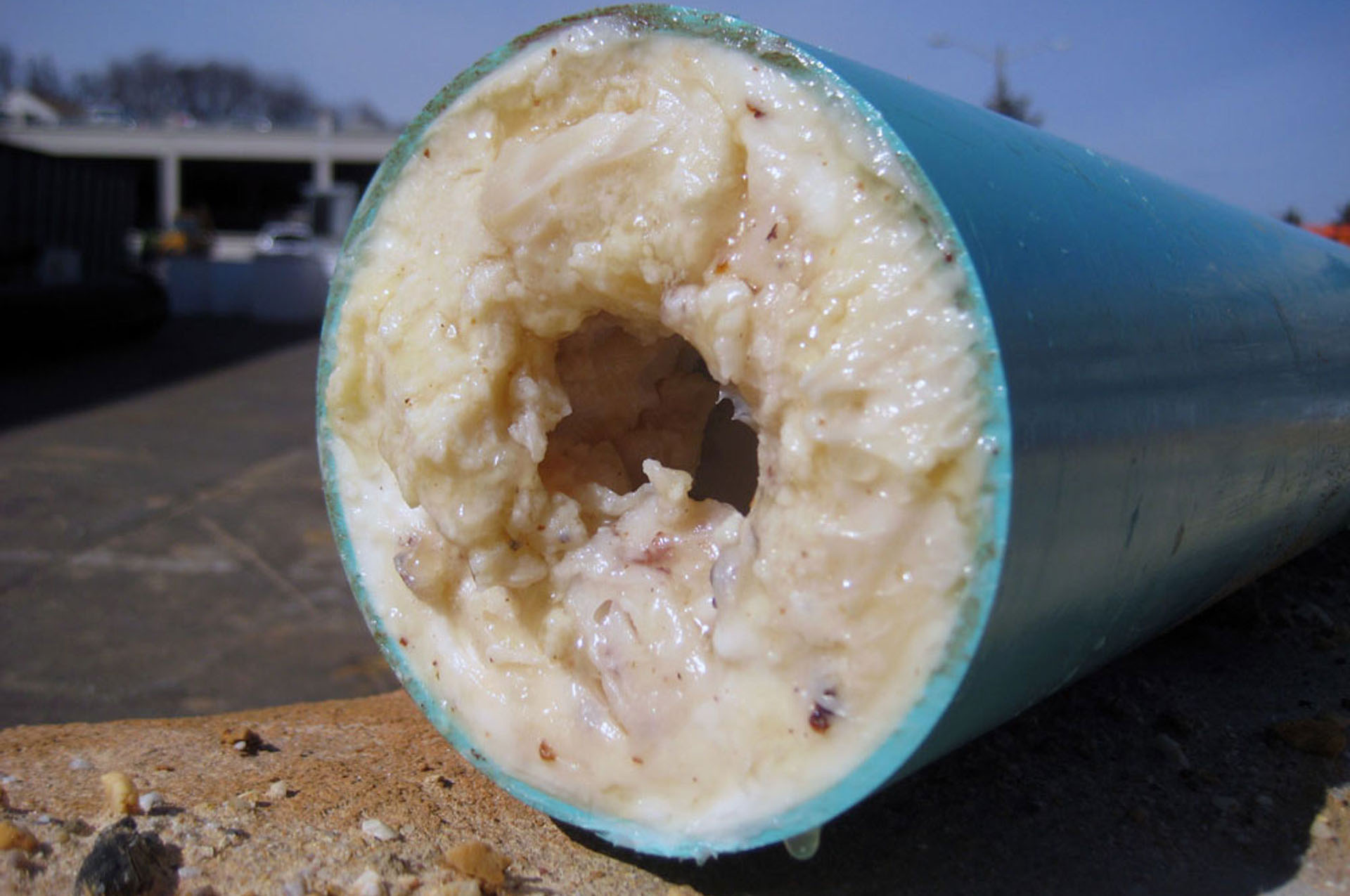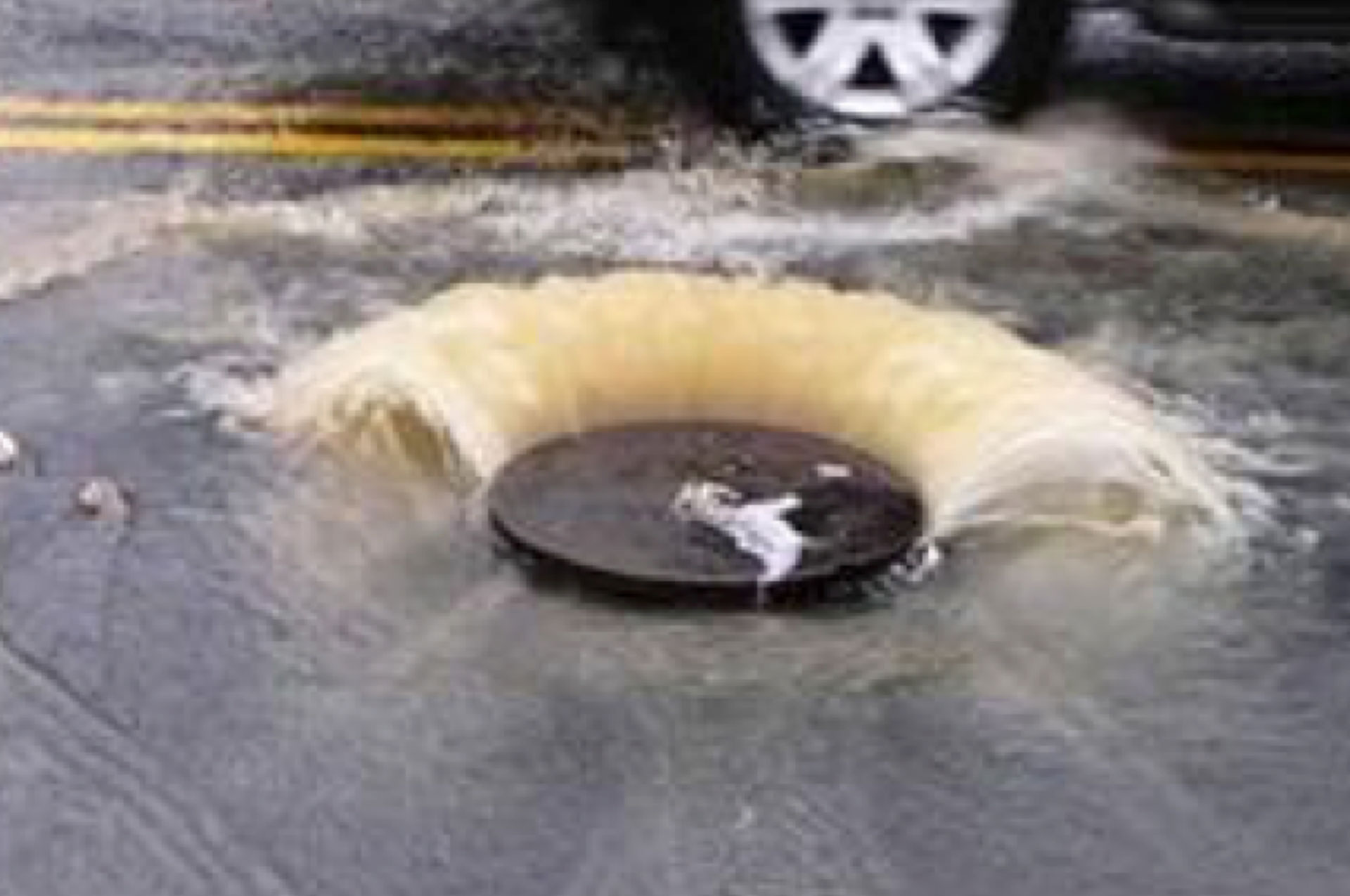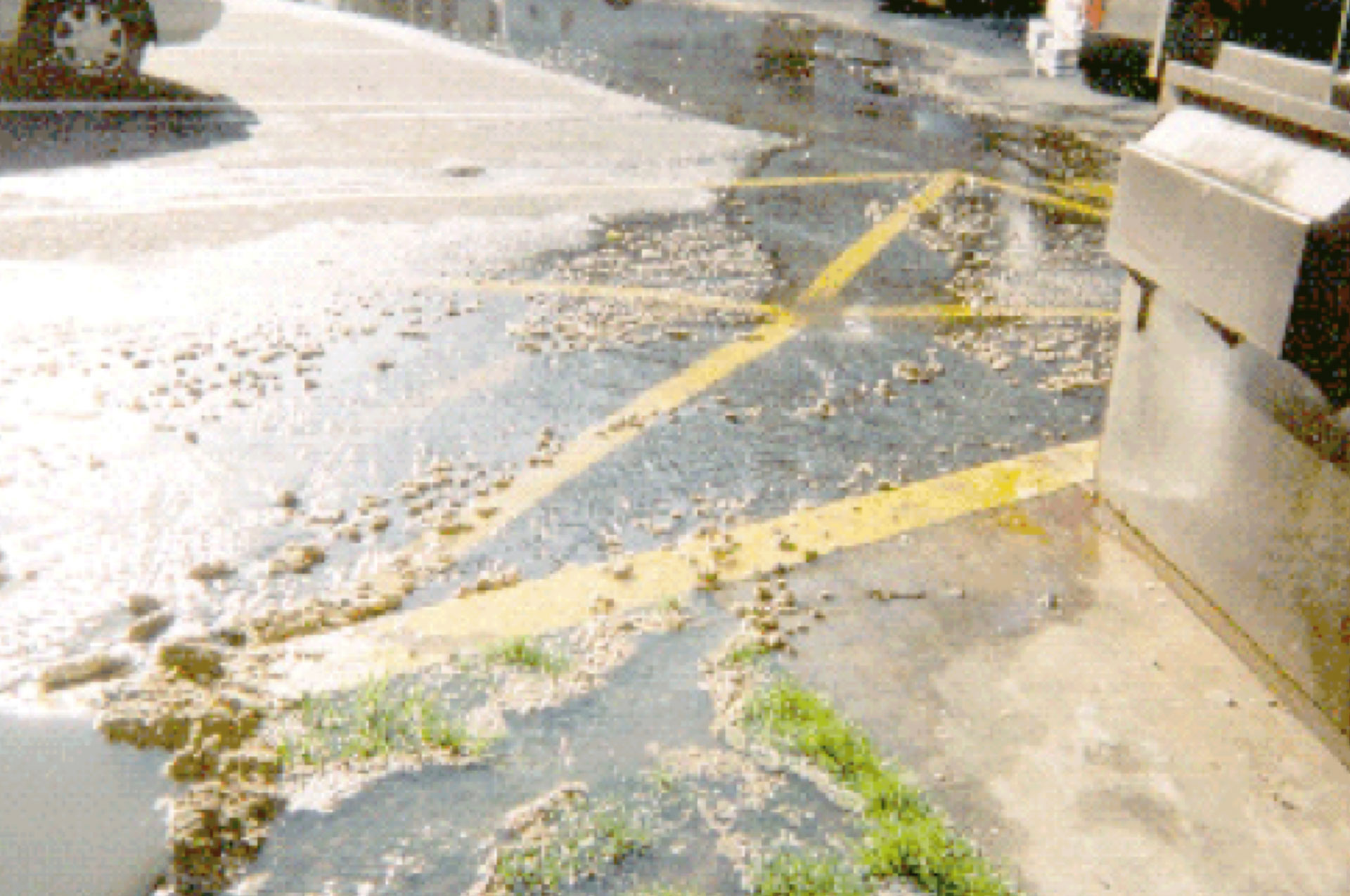The Fats, Oils & Grease (FOG) Reduction Program was implemented by the City of Upper Arlington’s Public Service Department in order to monitor and reduce the amount of fats, oils and grease that enter the City’s sanitary sewer system from businesses in the community that have grease interceptors and/or grease traps. The FOG program works to prevent sanitary sewer overflows, sewage spills, and sewer back-ups by preventing the build-up of congealed grease within the sanitary sewer pipes.

In accordance with City Ordinance 931.16(A), all establishments with grease interceptors and/or grease traps are required to report to the City’s Public Service Department in January and July of each year. The City obtains the list of licensed food establishments in Upper Arlington from Franklin County Public Health semi-annually. This list includes any and all food service establishments within UA City boundaries. Establishments that fail to report in a timely fashion will be found in violation of City Ordinance 931.99 and subject to a fine of not more than one $150. Each day’s violation constitutes a separate offense.
During routine cleaning and inspection of the City’s sanitary sewer lines, the Public Service Department can identify from which sanitary service area—and usually the specific building or neighborhood—grease is being discharged. If grease blockages are occurring frequently in a certain area, the Public Service Department will notify the establishments in the area by providing a written order, describing the action that is needed and specifying when the corrective action must be completed. Establishments that fail to take corrective action by the time specified in the written order will be found in violation of City Ordinance 931.99 and subject to a fine of no more than $150, with each day’s violation constituting a separate offense.
Sanitary sewers are designed and installed with sufficient diameter to carry the normal waste discharges from a residence or business. However, when fats, oils and grease are discharged to the sewer system untreated, they cool and accumulate on the sidewalls of the sewer pipes, diminishing the pipe’s diameter. As this build-up accumulates, it restricts the flow of sanitary waste and can cause blockages in the sewer system, back-ups on private property, and/or overflowing manholes.
These images portray the results of a sanitary sewer overflow due to a blockage caused by fats, oils and grease build-up.
All food service establishments (FSEs) in Upper Arlington are required by City Code to report cleaning and maintenance of grease interceptors and grease traps.
Grease trap/interceptor cleaning history must be submitted electronically using the City’s FOG BMP software. These records can be submitted electronically at the time of cleaning by the restaurant/business’s contracted cleaner/hauler.
If you have any questions about submitting your cleaning records or having your contracted cleaner/hauler added to our recording system, please contact the Public Service Department at [email protected] or 614-583-5350.
Additional information is available in the City of Upper Arlington Code of Ordinances:
- Section 931.13 – Discharge of Harmful Substances into Sewers
- Section 931.15 – Application, Administration and Enforcement of Columbus Sewer Usage Ordinances
- Section 931.16 – Maintenance of Interceptors
- Section 931.99 – Penalty
Fats, Oils & Grease (11)
- The Fats Oils & Grease (FOG) Reduction Program was implemented in order to monitor and reduce the amount of fats, oils and grease that enter the City’s sanitary sewer system.
- In accordance with City Ordinance 931.16(A), all establishments with grease interceptors and/or grease traps are required to report to the City’s Public Service Department in January and July of each year.
Fats, oils and greases are natural by-products of the cooking and food preparation process. Common sources include food scraps, meat fats, cooking oils, lard, baked goods, salad dressings, sauces, marinades, dairy products, shortening, butter and margarine, coffee grinds, eggshells, grain, rice, seeds, etc.
Fats, oils and greases—when liquid—may appear harmless because they tend to flow easily down the drain. However, as the liquid cools it hardens and sticks to the insides of pipes. Once in the sewer system, FOG can partially or completely block wastewater flow, causing sanitary sewer backups and overflows. Proper disposal is essential in keeping sanitary sewer lines clear and flowing properly.
In accordance with City Ordinance 931.16(A), all establishments with grease interceptors and/or grease traps are required to report to the City’s Public Service Department in January and July of each year.
Grease traps are boxes located within the section of the drainage system that flows between the sinks in the kitchen and the sewer system. The most common grease traps are smaller, point-of-use units used under three-compartment sinks in the kitchen or adjacent to dishwashers. Grease traps can also be referred to as “hydro-mechanical interceptors.”
Grease interceptors are often located outside the establishment in large, in-ground tanks. Grease interceptors can also be referred to as “gravity interceptors.”
Most establishments will have both – a grease trap and a grease interceptor – but some will only have one or the other. If you have both, you are required to report the maintenance on each one separately.
Maintenance of interceptor reporting, as defined in City Ordinance 931.16(A), is required by any type of business or establishment where grease or other food materials may be washed down the drain. Food service establishments are particularly affected because of the amount of fats, oils and grease that is created during food preparation, cooking and/or disposal.
However, it is important to know that many establishments contribute to FOG production, even if they do not produce or cook food. FOG is produced by restaurants, cafeterias, delis, bakeries, residential homeowners, daycares, assisted living, and social halls – basically anyone who deals with food.
Cleaning records must be kept using the Grease Interceptor Cleaning Report Form and the Grease Trap Cleaning Report Form. The reporting forms MUST include the size of the trap and/or interceptor and the amount of grease/solids removed. Receipts and manifests are no longer accepted.
Per City Ordinance 931.16(A), establishments are required to report the maintenance of their grease interceptors in January and July of each year.
Cleaning records must now be submitted online: //upperarlingtonoh.viewpointcloud.com/categories/1072
Grease interceptors often require maintenance from every 30 to 90 days depending on the nature of the facility and size of the interceptor. Please see your manufacturer’s guide for recommended cleaning schedule.
The City of Upper Arlington recommends regular maintenance to prevent the interceptor from exceeding 25% capacity.
Even though you may not cook with grease or prepare food at your establishment, if you are cleaning and/or rinsing dishes in your sink, you are using your grease interceptor. When dishes and other equipment are cleaned, the FOG is washed down the drain and into the grease trap. Your grease trap/interceptor may require less frequent cleaning than others but it still requires cleaning and semi-annual reporting.
Establishments that fail to report in a timely manner will be found in violation of City Ordinance 931.99 and subject to a fine of not more than $150. Each day’s violation constitutes a separate offense.
Fats, oils and greases are natural by-products of the cooking and food preparation process. Common sources include food scraps, meat fats, cooking oils, lard, baked goods, salad dressings, sauces, marinades, dairy products, shortening, butter and margarine, coffee grinds, eggshells, grain, rice, seeds, etc. When dishes and other equipment are cleaned, the FOG is washed down the drain where it cools and separates from the dishwater.
During routine cleaning and inspection of the City’s sanitary sewer lines, the Public Service Department can identify from which sanitary service area—and usually which specific building or neighborhood—grease is being discharged. If grease blockages are occurring frequently in a certain area, the Public Service Department will notify the establishments in the area so that they can be more aware of their grease disposal methods and work to fix the problem.
Establishments that fail to take corrective action by the time specified in the written order will be found in violation of City Ordinance 931.99 and subject to a fine of not more than one $150.00. Each day’s violation constitute a separate offense.



